This Article Contains Spoilers for “Halo” and “The Last of Us”.
If you were asked a few years ago whether people wanted to see a cinematic adaptation of their favorite video games, many would’ve been ecstatic. But today, so many games are becoming increasingly monetized by having specific product placement and sponsors, such as the protagonist in “Death Stranding” drinking a Monster Energy drink to regenerate stamina. This isn’t to say that all game adaptations are bad, just that some adaptations are done just for money and not for the love and support of their respective game and community.
Ever since I was about 3 years old, I have always loved the video game “Halo 3.” When I heard they were making a “Halo” TV show, I was incredibly excited, however I ended up forgetting about it as I was preoccupied with watching other shows and movies. When I rediscovered the “Halo” TV show, I decided to give it a try and I can’t begin to explain how disappointed I was. The action scenes were visually outstanding and it seemed like the story would be another great adventure in the “Halo” series, until one scene in the first episode. In this scene, the main protagonist of both the games and the show, Master Chief, was convinced by a nobody civilian to remove his helmet. The true identity of the Master Chief had been a mystery since the series began in 2001, and just like that, a major piece of the franchise was spoiled and stripped away.
This one moment ruined the entire show for me, which sparked the idea: Do video games work as well as other forms of entertainment, like movies and TV shows?
In my opinion, yes, they can, but they need to be done by the correct group of directors and writers. Such writers that actually pay attention to the true stories of their source material and try to do something that makes sense like mentioning historical events in the game’s universe and dropping specific character names. “The Last of Us” is a good example of this. The game was critically acclaimed and received several awards due to its gritty storytelling, interesting gameplay and emotional characters played by its original voice actors.
Both shows’ source materials are critically acclaimed, have gritty storytelling and well-written characters, the main difference is the way the writers and directors tried to tackle these already well-established stories and characters.
In the “Halo” series, the writers wanted to try something new. While that in itself isn’t bad, they tried to alter characters who already had established personalities and backgrounds. For example, as I mentioned earlier, the hero Master Chief removed his helmet, which eradicated the element of mystery in the game, and in addition, producers overly humanized his character. Master Chief (in the game) was a super-soldier created to fight and not ask questions. In the TV show’s first episode, Chief is tasked with killing the lone survivor of a battle, but unlike the games where he complies, he removes his helmet and completely opposes his orders, which is completely unlike his original character.
Unlike “Halo,” the characters in “The Last of Us” are more fleshed out and it’s done in such a way that doesn’t change the story from the original game, and in some cases, improves it. For example, in the game, a character named Bill has a male lover who is very briefly mentioned and shown once but is never talked about after the fact. However, “The Last of Us” show has an entire episode dedicated to showing us what they were actually like together and it makes his and Bill’s relationship feel more realistic and fleshed out.
The difference between these shows’ production is also clear. The actors of the “Halo” TV shows and the “The Last of Us” both played the respective game their show was based on and yet the “Halo” show failed and “The Last of Us” didn’t. This is mostly because of the writers. The person who wrote the story of “The Last of Us” game, Neil Druckmann, is the same person who helped create the story of the show, while the “Halo” TV show writers missed the mark of what “Halo” is in its entirety. They looked at “Halo” as simply shooting aliens rather than as a story that needed to be told. This is why the writers failed on the “Halo” TV show.
I think that as more game-to-show/movie adaptations come out, more showrunners will learn that viewers care about the story being told and still having elements from the original game, not that it’s under the name of some popular IP. This being said, hopefully writers and showrunners will learn from other’s mistakes and try to make the best show they can rather than a quick cash grab.
Sometimes Pixels Tell It Best: Why some video game adaptations work and others don’t
Tucker Harper, Opinion Writer
November 15, 2024
Joel from “The Last of Us” the video game (left) and Pedro Pascal as Joel from the show (right).
1
0
Donate to The Zephyr
$125
$500
Contributed
Our Goal
Your donation will support the student journalists of WEST FORSYTH HIGH SCHOOL. Your contribution will allow us to purchase equipment and cover our annual website hosting costs.
More to Discover
About the Contributors

Tucker Harper, News Editor
This is Tucker’s second year on the Zephyr and his first year as News Editor. Tucker is a self-described Monster Energy addict and a collector of shiny things. His favorite band is Avenged Sevenfold, and he enjoys taking part in the West Forsyth choir.

Chance Beckmann, Photography Editor
Chance Beckmann is a senior and is thrilled for his first year as a staff member on the Zephyr. He is focused on photography, with a leg in sports writing. When he’s not working on the Zephyr, he’s thrifting, hooping, or laughing.


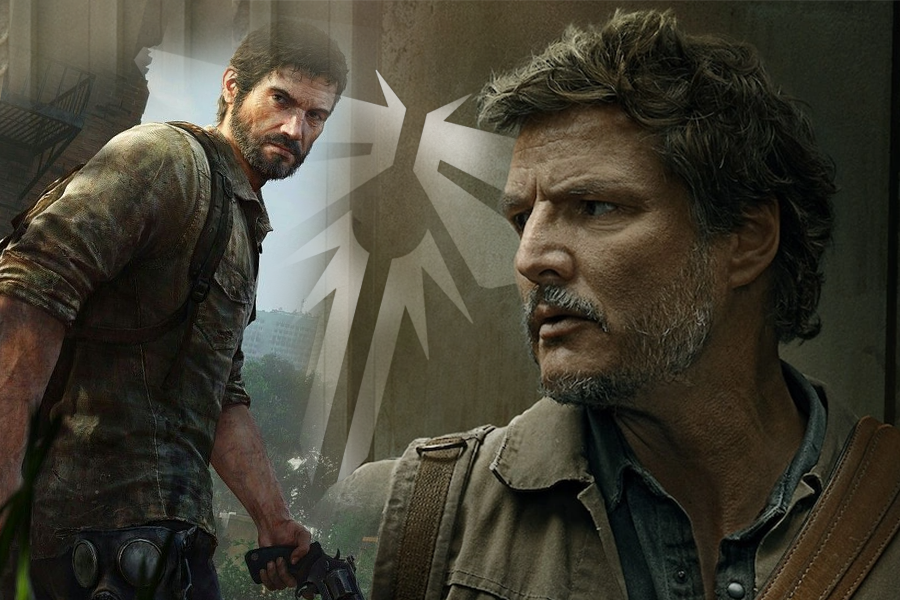
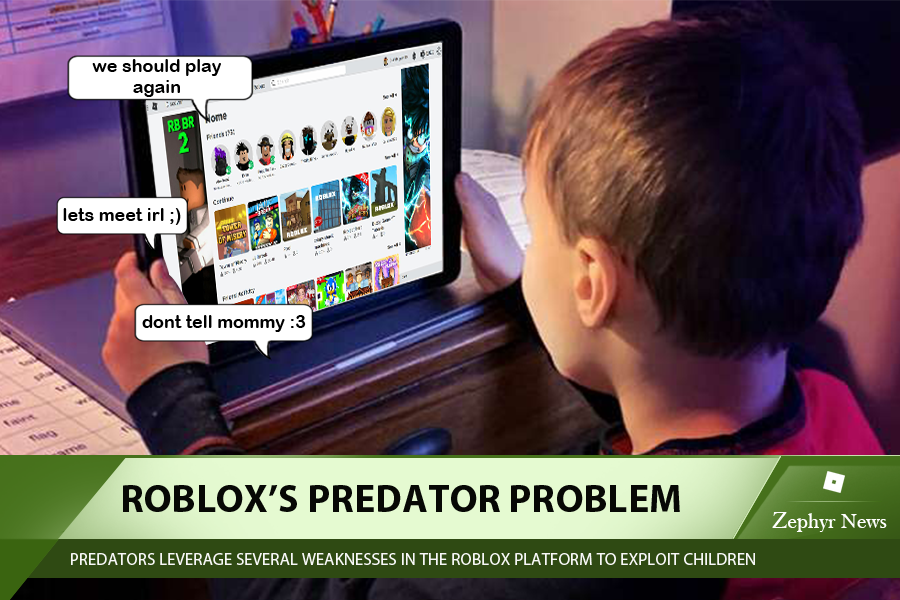
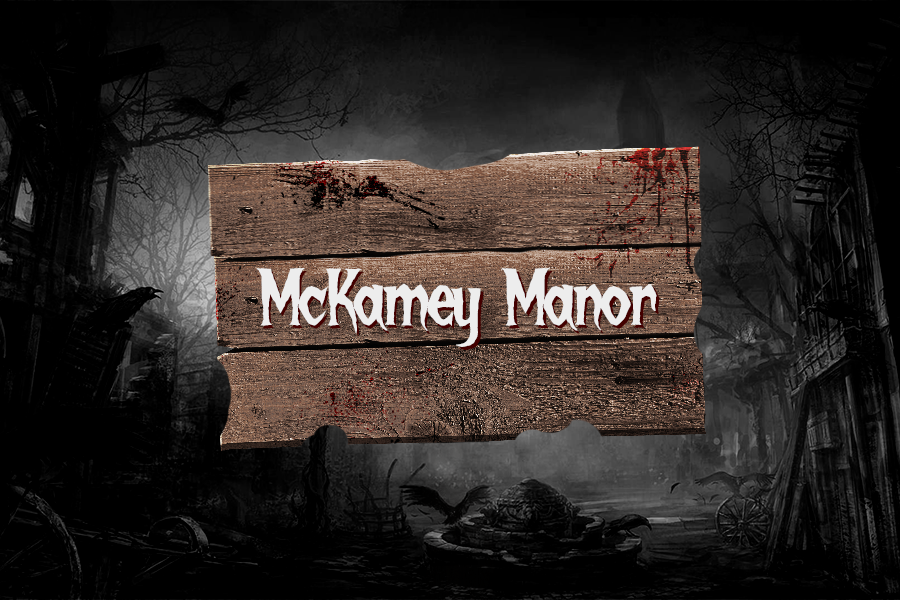
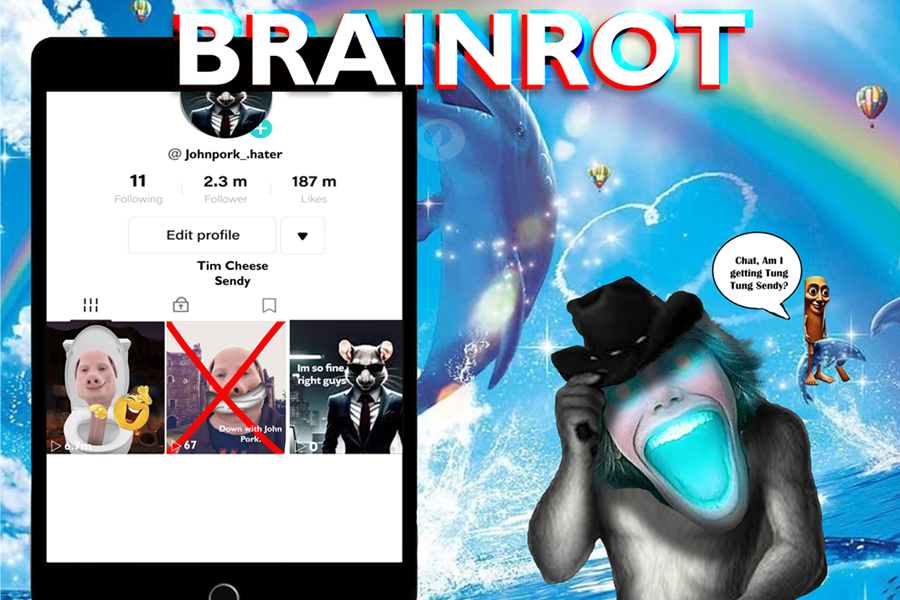
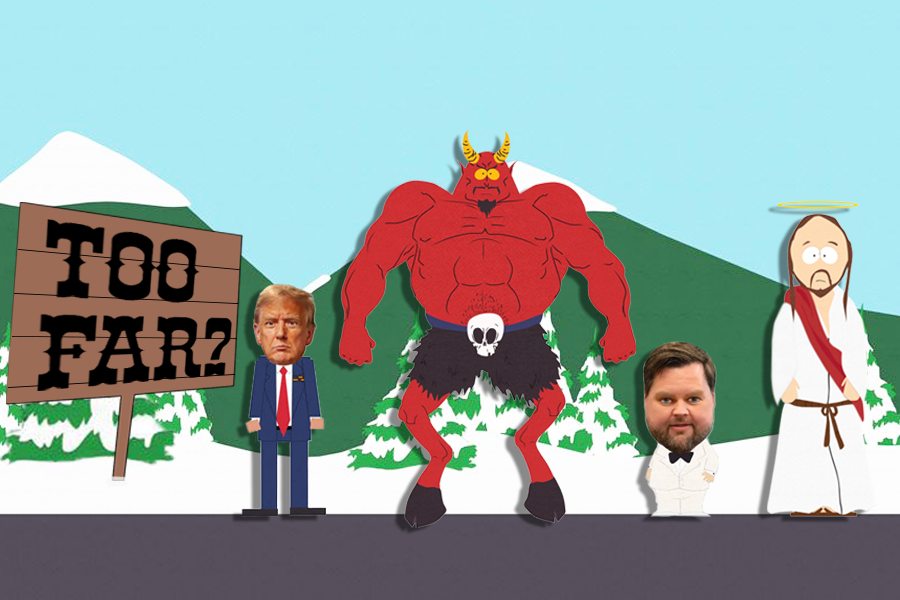
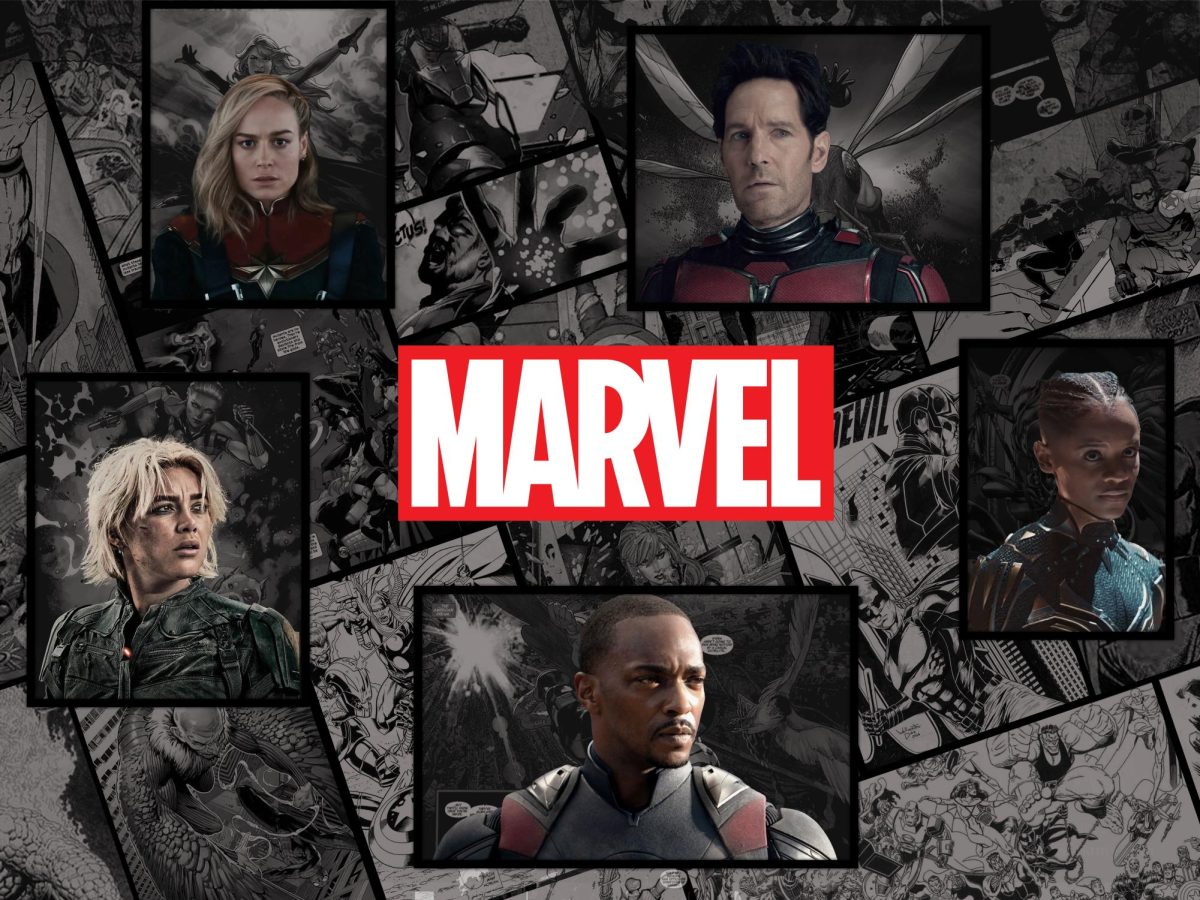

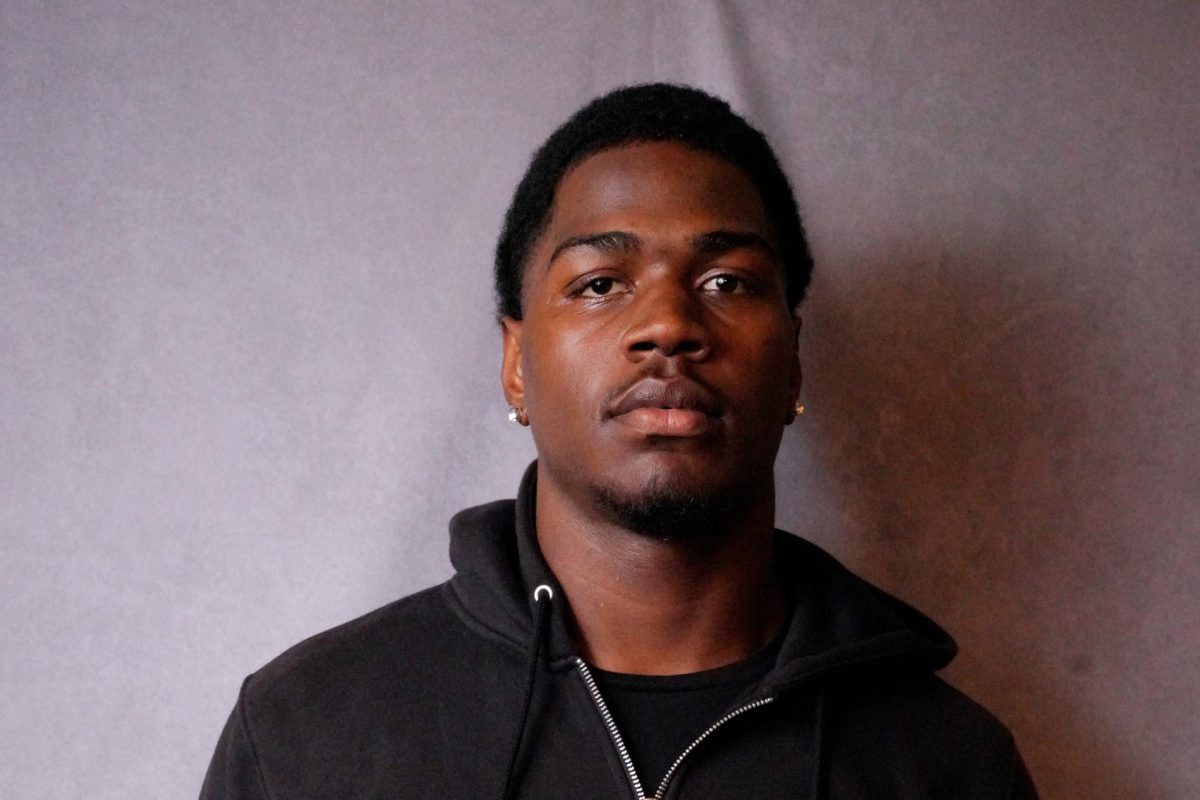

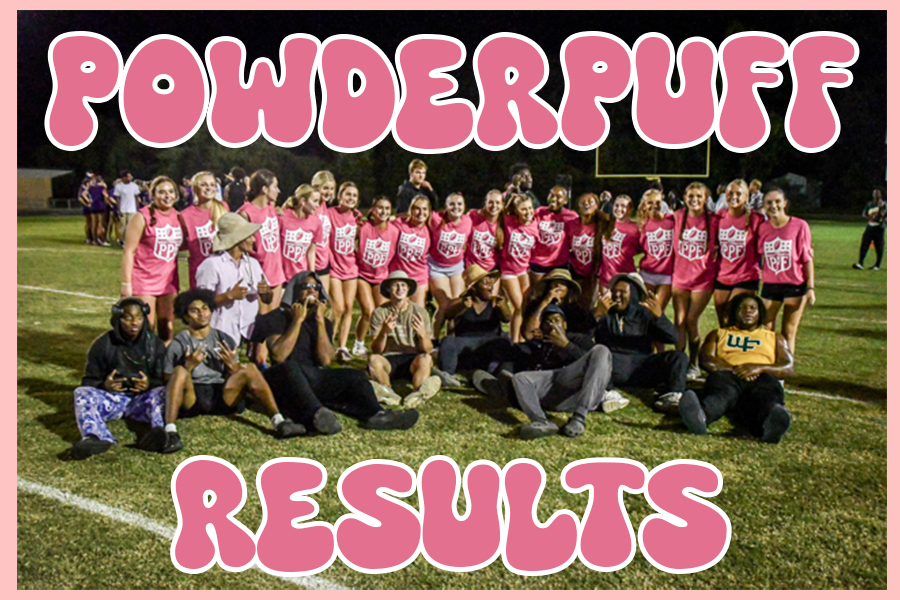
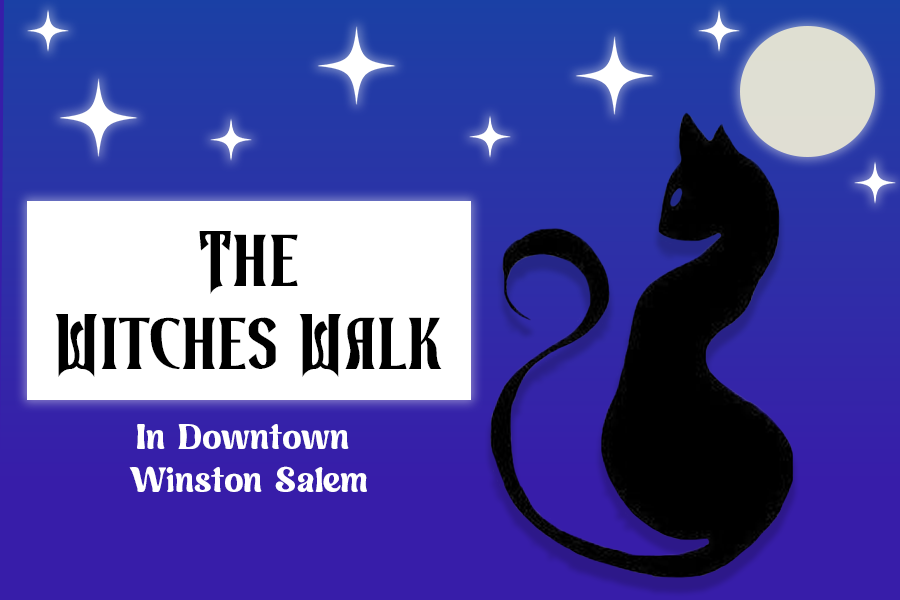

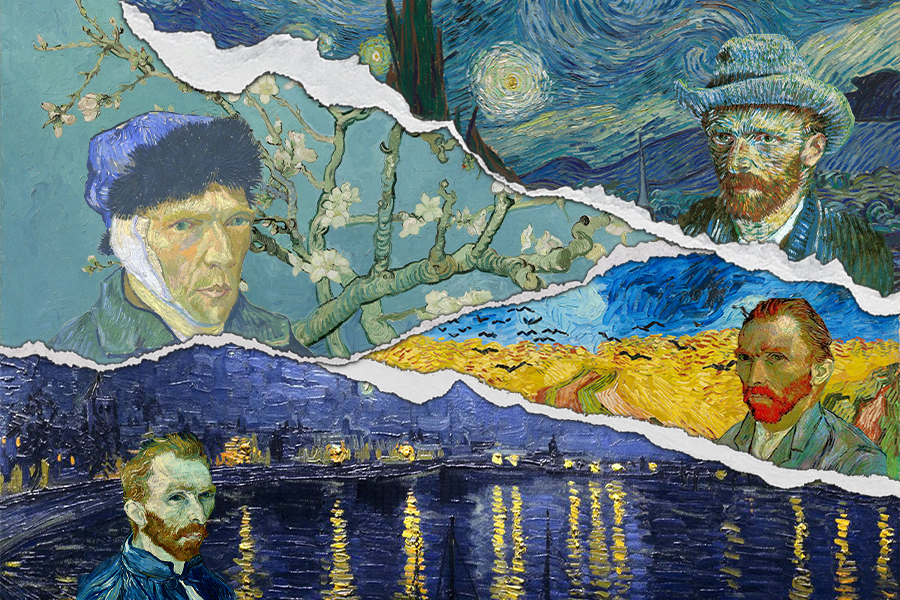
Tucker Harper • Nov 15, 2024 at 1:15 pm
Great article, amazingly written!!! -not tucker